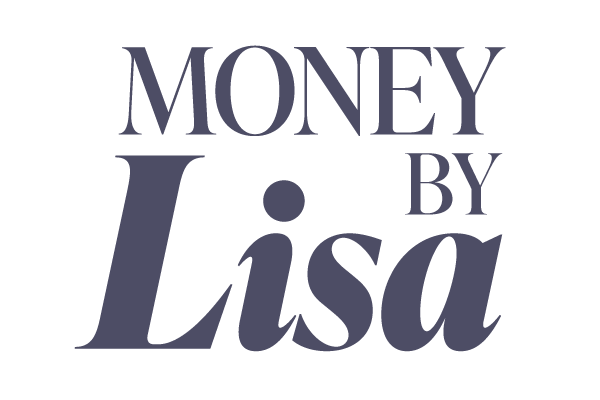Don’t Pay Off Your Credit Card…Yet
The squeaky wheel gets the grease and all that. So it’s unsurprising that one of the most common financial stressors — the one that captures the wee hours of the morning when we should be sleeping — is credit card debt. It’s not only that you see the statement every month (or more often if you follow my counsel), but you are also likely inundated with credit card-related advertisements and an equal number of admonishing media pieces about the debt burden of Americans. In short, you are obsessed.
So many of the conversations I have start with, “I want to pay off my credit card balance.” More often than not, my riposte is, “Why?”
To be clear, I am no fan of carrying credit card debt, be it at the usual extortionate double-digit rate or even a “friendly” temporary promotional rate. The over-arching problem with carrying debt is that you have to pay it back. Every hit that you take to your cash flow each month to service your debt represents an amount of money that could have been used for something else. That “something else” might be an experience that you value today more than whatever it was that you bought in the past for which you are still paying.
So there it is, gnawing at your soul, and you want it gone. Today. And I am telling you to hold on just a hot minute. I don’t want you to take a big swing at debt payoff until you have locked down your emergency fund.
I do understand the math. Even in today’s better savings rate environment, what you earn on your little nest egg pales in comparison to your credit card interest rate. But so often in personal finance, the right quantitative solution is not the best path forward for how we live our lives.
If you have credit card debt, yes, sure, it may be the result of ill-considered nights in Vegas. But more often, it is the result of a loss of a paycheck, a medical emergency, or a blown head gasket. Life happened, and because you had no savings, you responded in the only way that you could. Before life happens again, I want to make sure that you have the resources to respond…without adding to your debt load.
Here's the play: Set an initial modest goal. It could be the equivalent of one month of normal “must have” expenses, but you do you. If you know that you have a large expense on the nearby horizon, add that to your first goal amount. While you are building to this milestone, your credit card payments will be at the minimum. It is only after you have passed this marker that you will increase your credit card payments…while still contributing to your savings (albeit at a lower level, perhaps).
This strategy accomplishes two things. First, if something unexpected happens on your road to paying off your credit card, you have a place to go to handle that expense that doesn’t involve increasing your debt. But secondly — and to me, more importantly — it provides you with a sense of power. You have exerted control over your financial life. When one of life’s mishaps occurs, you can handle it like a boss. You don’t need anyone to lend you money because you got this.
I think that’s worth postponing your credit card payoff date for a wee bit, yes?
(Hey, I’d love to be in touch regularly. My free newsletter contains this blog, as well as other articles written by myself and others. Please consider subscribing by visiting the MoneyByLisa home page.)
